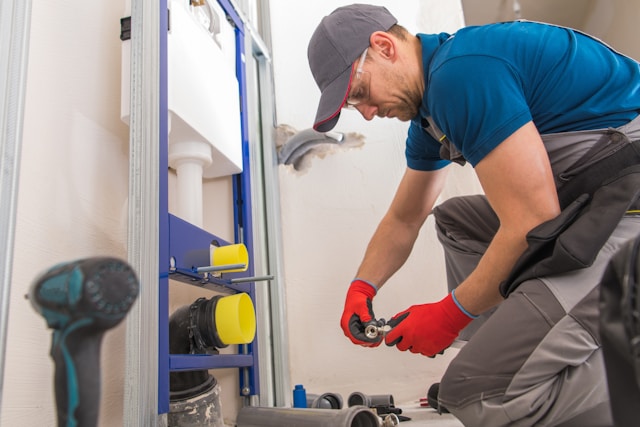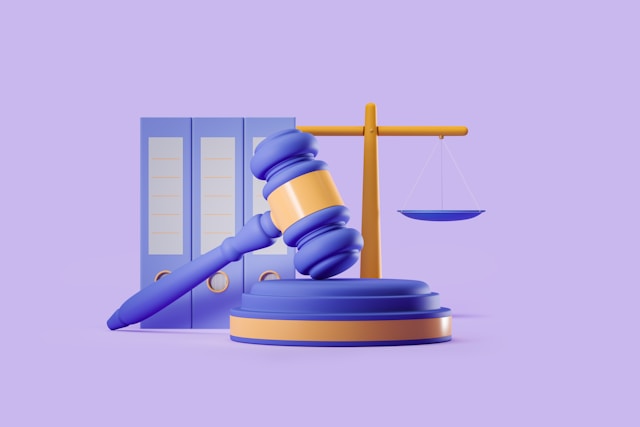As a landlord, ensuring the well-being of your investment property is not just good practice; it’s a strategic move that can save you from potential headaches down the road. One effective way to stay on top of property maintenance is through annual general inspections. In this blog, we’ll delve into the reasons why landlords should make regular inspections a priority and how these proactive measures can benefit both property owners and tenants.
Identifying Maintenance Issues Early:
Annual general inspections provide landlords with the opportunity to identify and address maintenance issues before they escalate. Early detection can prevent minor problems from turning into costly repairs, saving both time and money.
Ensuring Compliance with Lease Agreements:
Regular inspections help ensure that tenants are adhering to the terms outlined in the lease agreement. This includes proper care of the property, restrictions on alterations, and compliance with rules related to occupancy.
Addressing Safety Concerns:
Safety is paramount in rental properties. Annual inspections allow landlords to identify and rectify potential safety hazards, such as faulty wiring, gas leaks, or other issues that could pose risks to tenants.
Monitoring Wear and Tear:
A property naturally experiences wear and tear over time. Regular inspections allow landlords to monitor the condition of appliances, flooring, and other components, making it easier to plan for necessary replacements or upgrades.
Preserving Property Value:
Proactive property maintenance and timely repairs contribute to preserving the overall value of the property. A well-maintained property not only attracts quality tenants but also maintains its appeal in the real estate market.
Building a Positive Landlord-Tenant Relationship:
Conducting annual general inspections demonstrates a commitment to the well-being of the property and the satisfaction of tenants. It fosters a positive landlord-tenant relationship built on trust, communication, and mutual respect.
Preventing Lease Violations:
By regularly inspecting the property, landlords can identify potential lease violations, such as unauthorized pets, subletting, or other breaches of the lease agreement. Addressing these issues promptly helps maintain a harmonious living environment.
Planning for Upcoming Maintenance Projects:
Annual inspections provide landlords with a comprehensive understanding of the property’s condition, allowing them to plan and budget for upcoming maintenance projects, repairs, or renovations.
Legal Compliance:
Landlords have a legal responsibility to ensure their rental properties comply with health and safety regulations. Annual inspections help verify that the property meets these standards, reducing the risk of legal issues.
Documentation for Disputes:
Detailed inspection reports serve as valuable documentation in case of disputes or disagreements between landlords and tenants. This evidence can be crucial in resolving conflicts and protecting the interests of both parties.
In conclusion, annual general inspections are a proactive and strategic approach to property management. Landlords who prioritize regular inspections not only protect their investment but also contribute to a positive living experience for tenants. By fostering a culture of preventive maintenance, landlords can build trust, reduce the risk of unexpected repairs, and ensure the long-term success of their rental property.





